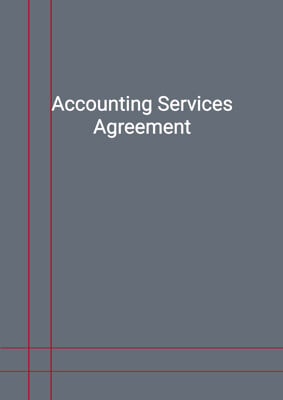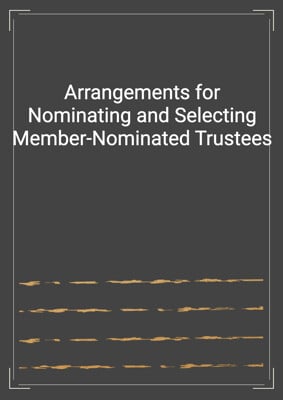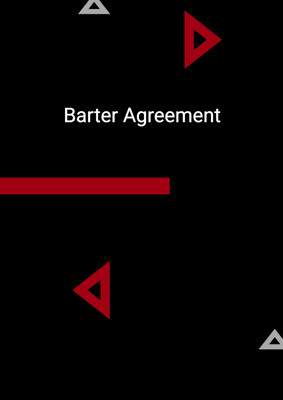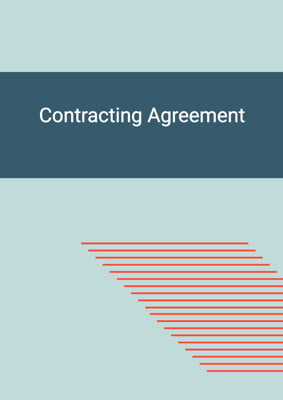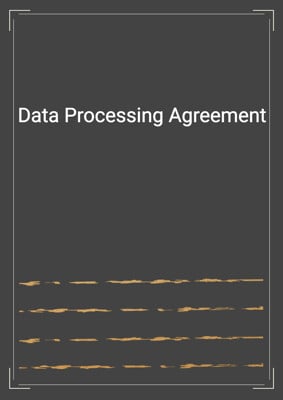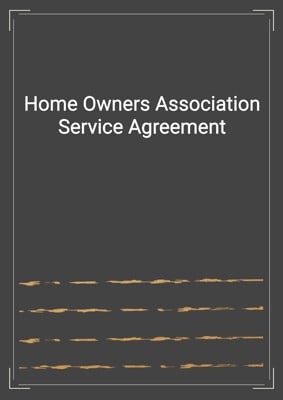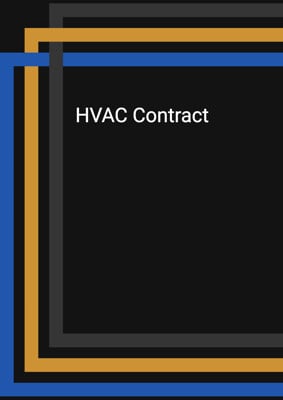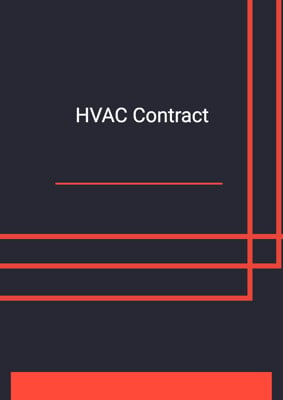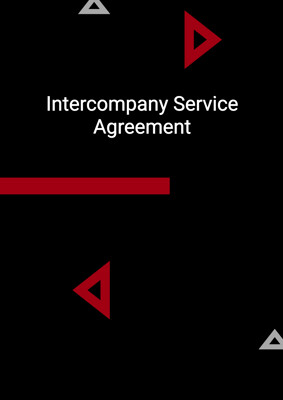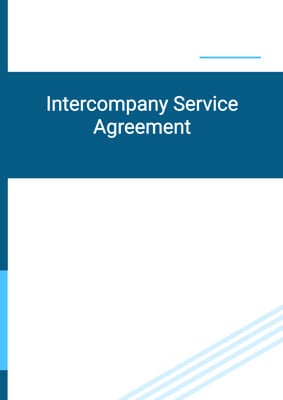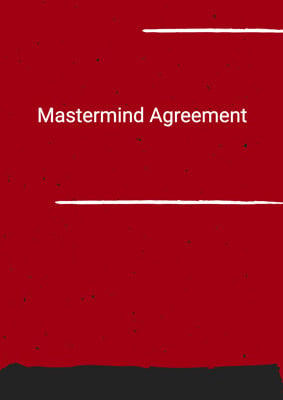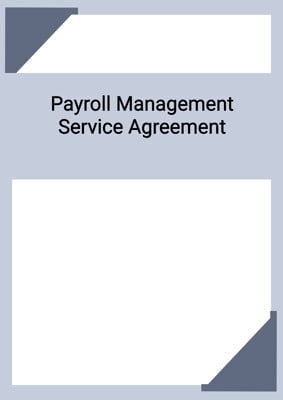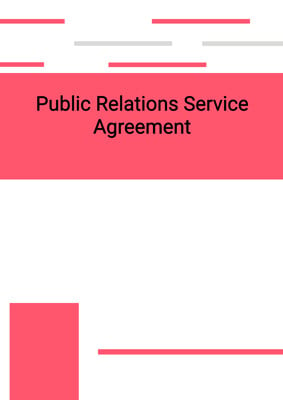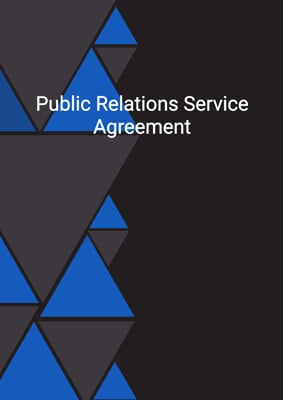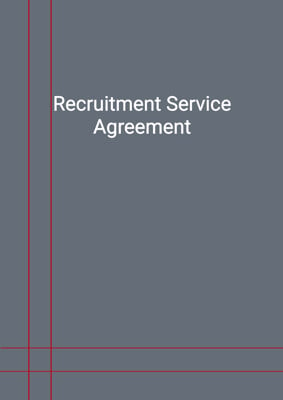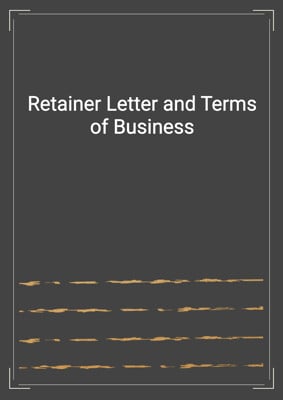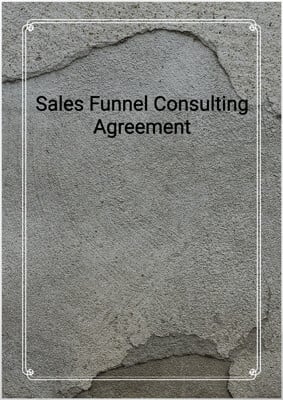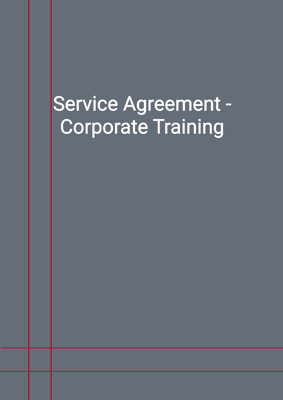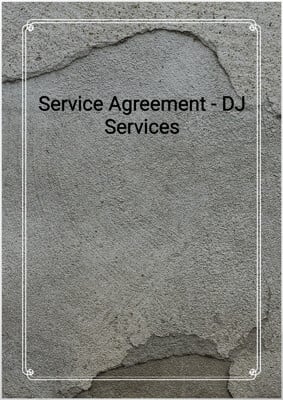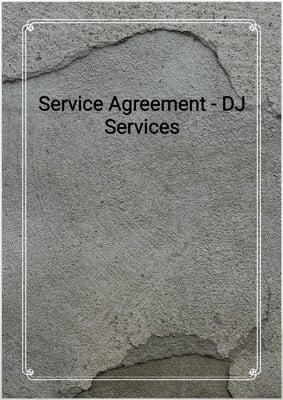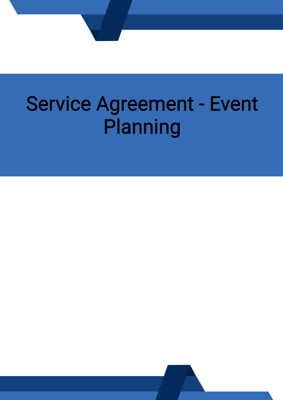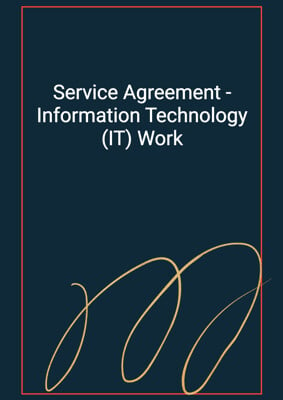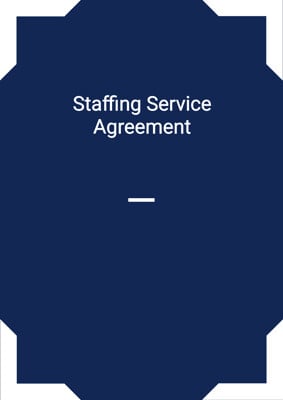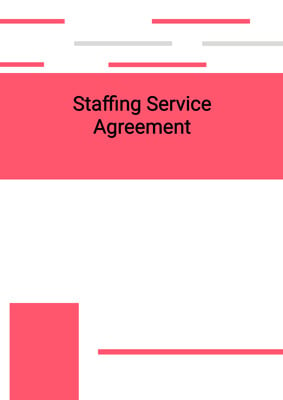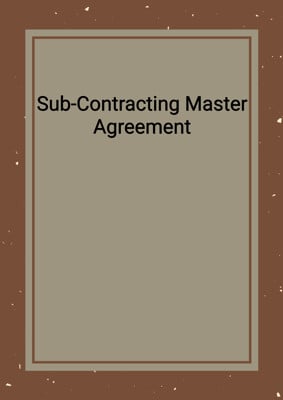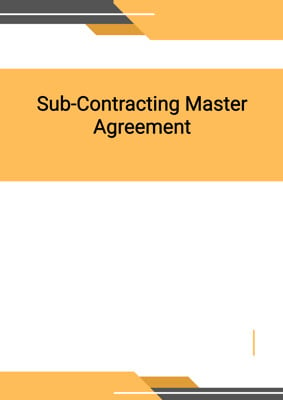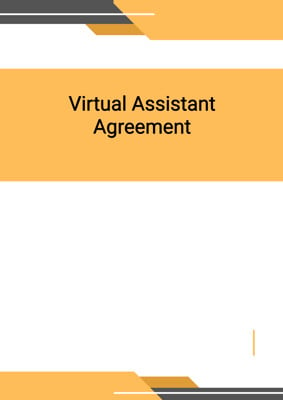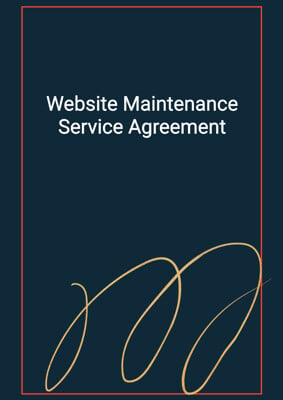How to Tailor the Document for Your Need?
01
Create Document
Fill in the details of the parties. You can click the "Fill with Member’s Information" button to complete it with information saved to your account.
02
Fill Information
Please fill in any additional information by following the step-by-step guide on the left hand side of the preview document and click the "Next" button.
03
Get Document
When you are done, click the "Get Document" button and you can download the document in Word or PDF format.
04
Review Document
Please get all parties to review the document carefully and make any final modifications to ensure that the details are correct before signing the document.
Document Preview
Document Description
The 'Recruitment Service Agreement' is a document that outlines the terms and conditions between the company providing recruitment services and the client hiring those services. The importance of this document lies in establishing a clear understanding between both parties regarding the recruitment process and the obligations of each party.
The entire document is divided into several sections, each addressing different aspects of the agreement. The first section, 'Interpretation,' provides definitions for key terms used throughout the agreement. This ensures that both parties have a common understanding of the terms used.
The second section, 'Company's Obligations,' outlines the responsibilities of the company providing the recruitment services. It emphasizes the company's commitment to providing the services in a professional and diligent manner, complying with all applicable laws and regulations, and following any instructions or variations issued by the client.
The third section, 'Completion of the Work,' highlights the importance of timely completion of the services. It establishes that time is of the essence and sets a completion date for the services. It also addresses the consequences of non-completion, including the entitlement of the client to liquidated damages.
The fourth section, 'Service Fees,' specifies the payment terms for the services. It outlines the amount and due date of the service fee, as well as the refund policy in case of termination of employment within the first three months.
The fifth section, 'Warranties, Liabilities, and Indemnities,' addresses the company's obligations regarding any delays, problems, or complaints related to the services. It also establishes the company's liability for personal injury or damage caused during the provision of the services and the requirement to maintain appropriate insurances.
The sixth section, 'Term and Termination,' defines the duration of the agreement and the circumstances under which either party can terminate it. It also specifies the consequences of termination, including the return of properties owned by the client and the compensation for completed services.
The seventh section, 'Ownership of Materials,' clarifies the ownership of intellectual property and related materials produced or developed under the agreement. It establishes that such materials become the property of the client and restricts the company from using them for any purpose other than contracted for in the agreement.
The eighth section, 'Confidential Information,' addresses the company's access to the client's confidential information and imposes obligations of non-disclosure and return of such information upon termination of the agreement.
The ninth section, 'Announcements/Publicity,' requires the parties to obtain prior written approval before making any announcements or disclosures related to the agreement.
The tenth section, 'Amendment,' specifies the requirements for any variation of the agreement and clarifies that variations do not constitute a general waiver of any provisions.
The eleventh section, 'Assignment,' prohibits the company from assigning the agreement or sub-contracting the performance without the client's prior written consent.
The twelfth section, 'Severability,' addresses the invalidity or unenforceability of any provision and requires the parties to negotiate a valid substitute provision.
The thirteenth section, 'Further Assurance,' obligates the parties to perform all acts and execute all documents necessary to implement and give effect to the agreement.
The fourteenth section, 'Warranty of Capacity and Power,' includes representations and warranties from each party regarding their authority, power, and capacity to enter into and carry out the obligations under the agreement.
The fifteenth section, 'Force Majeure,' relieves the parties from liability for failure or delay in performing their obligations due to causes outside their reasonable control.
The sixteenth section, 'No Rights under Contracts for Third Parties,' clarifies that the agreement does not confer any rights on third parties to enforce its terms.
The seventeenth section, 'Arbitration and Proper Law,' encourages the parties to resolve any disputes amicably and in good faith.
The eighteenth section, 'Notices and Service,' specifies the methods and deemed times of giving notice between the parties.
The nineteenth section, 'Counterparts,' allows the agreement to be executed in multiple counterparts, each of which is considered an original.
Overall, this agreement provides a comprehensive framework for the provision of recruitment services, ensuring clarity, fairness, and protection for both the company and the client.
How to use this document?
1. Provide information: Enter the Contractor's and Customer's information in the agreement, including their principal place of business. This ensures that both parties are clearly identified.
2. Specify price and completion date: Clearly specify the agreed price and completion date of the work to be carried out by the Contractor. This will ensure that both parties are aware of the expectations and deadlines.
3. Describe services: Clearly describe the type(s) of services to be provided by the Contractor. This ensures that both parties are aware of the scope of work and can avoid any misunderstandings.
4. Agree on length of warranty and time of payment: Both parties should agree on the length of warranty and time of payment after the completion of the work. This ensures that both parties are aware of the payment terms and the length of the warranty.
5. Specify damages: If the work is not completed by the completion date, specify the amount of damages per week that the Customer is entitled to. This ensures that both parties are aware of the consequences of non-completion.
6. Follow best practices: The company should engage in the best and commercially reasonable efforts to provide the services in a professional and diligent manner, complying with all applicable laws and regulations.
7. Comply with instructions: The company should comply with any instructions or variations issued by the client and confirm them in writing. If any instruction or variation may cause a delay, the company should claim for an extension of time in writing.
8. Non-discrimination: The company should not discriminate against any candidate based on race, age, color, religion, sex, ancestry, national origin, place of birth, or disability.
9. Timely completion: The company should understand that time is of the essence and should make prompt and timely performance of all obligations defined in the agreement.
10. Payment terms: The client should pay the service fee within 30 days of receiving the invoice, which includes the services performed and any expenses. The company should refund the service fee if the employment terminates within the first three months.
11. Record expenses: The company should keep an exact record of all expenses incurred while performing the services and submit an itemized invoice with proof of purchase and receipt.
12. Obtain consent for expenses: If any expense exceeds a certain limit, the company should obtain the client's written consent before incurring it.
13. Resolve disputes: The client should notify the company in writing of any dispute with an invoice, providing substantiating documentation or a detailed description of the dispute.
14. Return of properties: In the event of termination, the company should immediately give up possession of all properties owned by the client and receive fair and reasonable compensation for completed services.
15. Confidentiality: The company should maintain the confidentiality of the client's information and return it upon termination of the agreement.
16. Obtain approval for announcements: Except as required by law or regulations, no announcement or disclosure should be made without the prior written approval of the other party.
17. Seek legal advice: If any disputes arise, the parties should use all reasonable endeavors to resolve them amicably and in good faith. Seeking legal advice may be necessary.
18. Give notice in writing: Any notice should be given in writing and served by hand, email, or post. The deemed times of giving notice should be followed.
19. Comply with laws: Both parties should comply with all applicable laws and regulations throughout the duration of the agreement.
By following these steps and best practices, both the company and the client can effectively use the 'Recruitment Service Agreement' to ensure a smooth and successful recruitment process.
Not the right document?
Don’t worry, we have thousands of documents for you to choose from:

